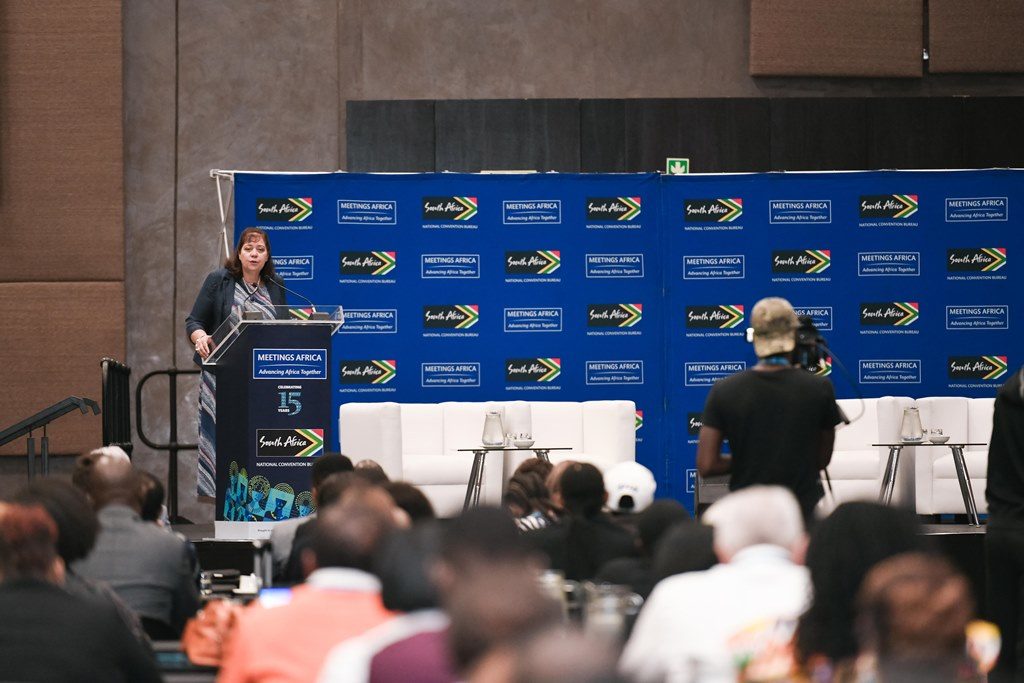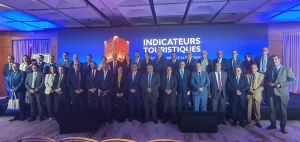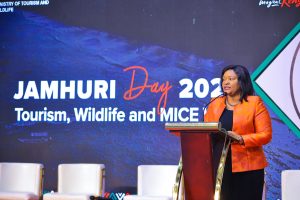Africa’s diversity is its competitive edge according to business events industry leaders at a Meetings Africa 2020 Business Opportunities Networking Day (BONDay) panel discussion.
Now in its 15th year, Meetings Africa is taking place from 25th to 26th February, 2020, at the Sandton Convention Centre in Johannesburg and brings together stakeholders within the business events and tourism industries. BONDay, a preliminary event, provided them with the opportunity to connect with each and share ideas.
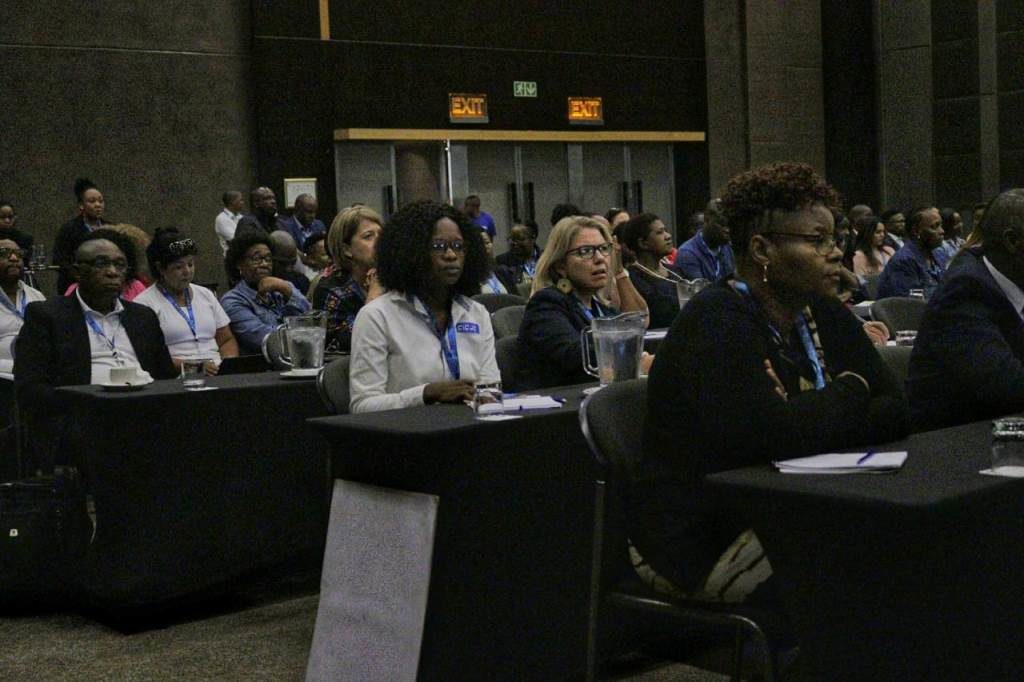
In a panel discussion on building Africa’s value proposition in the current global economy panellist Doris Parsons, Director of Studiored Conferences & Communications, explained why Africa’s diversity is its competitive edge. “There are 54 countries as well as various regions such as SADC and the East Africa Community. One can go anywhere in Africa and get a different experience. For instance, Chad has the best camel race in the world. So we can work together to push this competitive advantage.”
Bjorn Hufkie, South Africa National Conventions Bureau’s General Sales Manager, said the MICE industry needs to start spreading the business and that capacity building and skills development needs to be a structured process. “If you call yourself a convention bureau, clients are going to expect a global standardised service.”
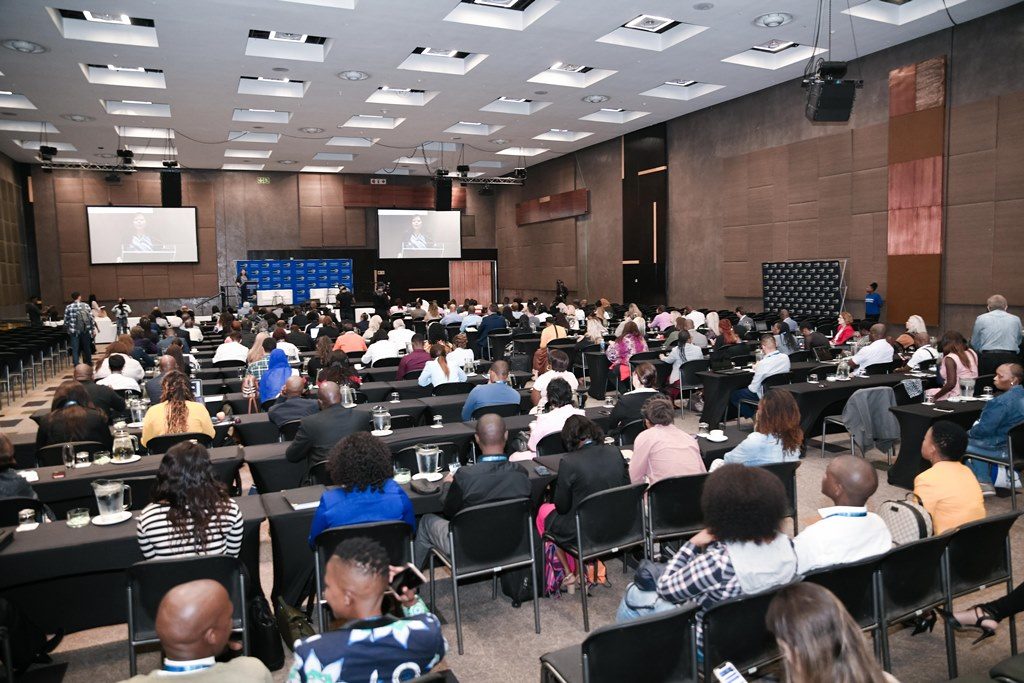
Frank Murangwa, the Director of Destination Marketing at Rwanda Convention Bureau, said Africa has the ability to be a serious contender in the MICE industry. He referred to the success of the 2010 World Cup in South Africa and the upcoming 26th Commonwealth Heads of Government Meeting in Kigali in June as examples of the continent’s hosting capabilities. “We have the infrastructure, private sector and diversity. Tourists will go back with a rich experience.”
Collaboration across borders key
Founder of Nascence Advisory and Research, Xhanti Payi, said improving our confidence as Africans – and to stop accepting what other countries think and say of us – will provide a competitive edge. He also called for more collaboration across borders within Africa to ensure success.
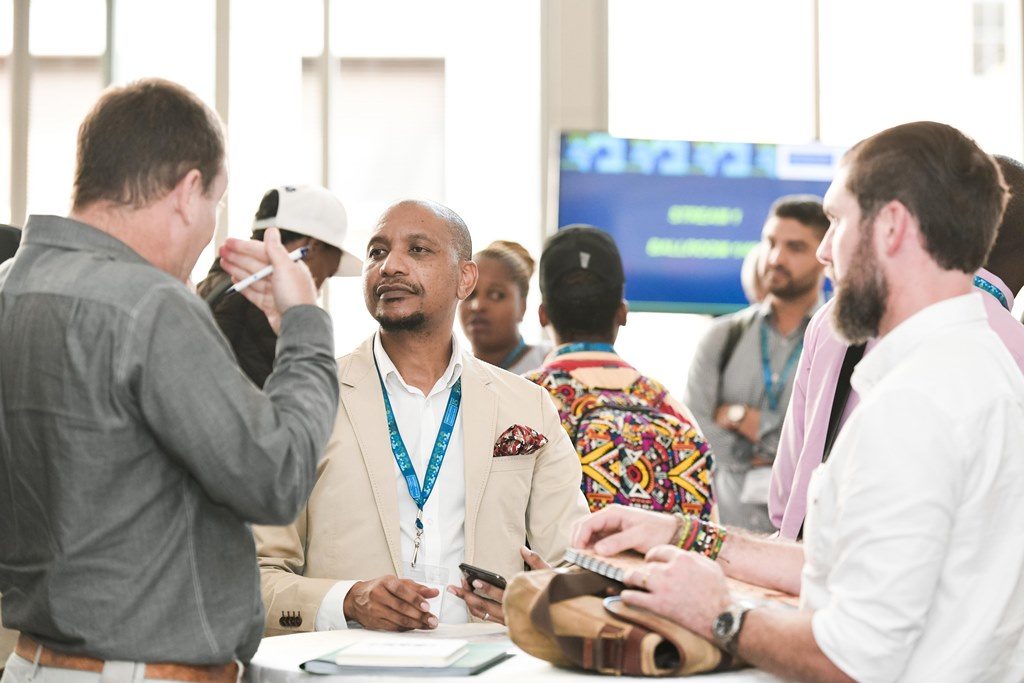
He referred to the Africa Continental Free Trade Area (AfCFTA) that can aid the continent’s growth. “With the agreement, we are going to move quite fast in the near future.”
Having been in effect since May 2019, the AfCFTA agreement looks to establish a single market for goods and services across 54 countries, allow the free movement of business travellers and investments, and create a continental customs union to streamline trade – and attract long-term investment. This bodes well for both the tourism and MICE industries.
He quoted the World Economic Forum, saying that travel and tourism accounts for US$194.2-billion of Africa’s economy, which is 8.5% of the continent’s GDP. Around 71% of that income is made up of leisure tourist spend. Overall, the sector contributes to 24.3-million jobs (6.7%).
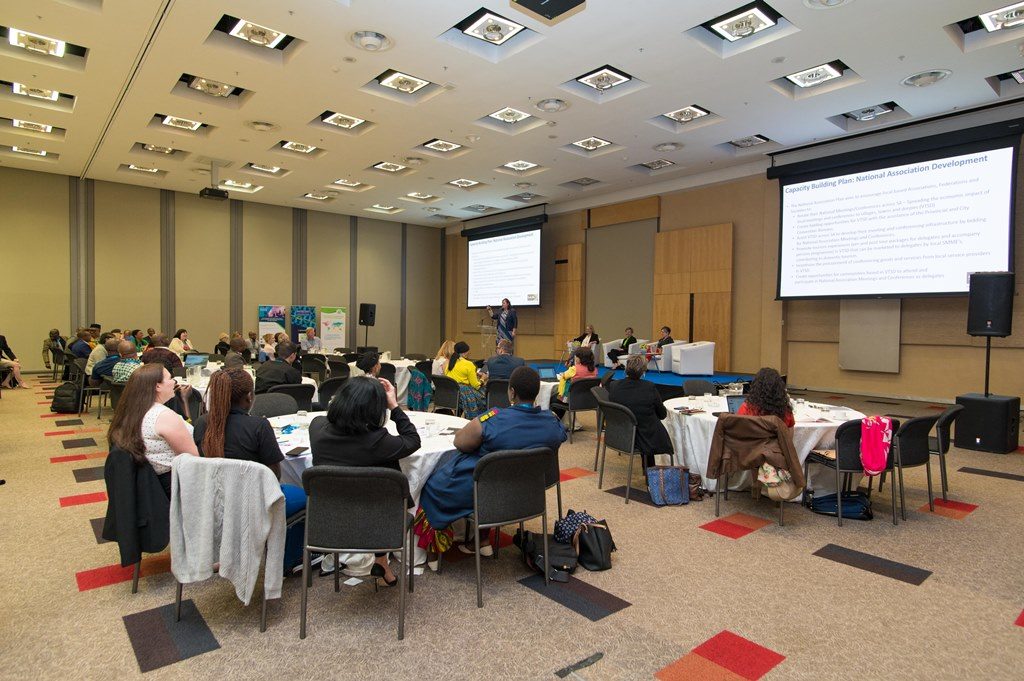
Besides diversity, Payi said the continent should have taken advantage of the opportunities to diversify its economy when the “Africa rising” narrative was at its peak. “People said we needed to diversify our economy so we can be sustainable and meet the demands. They said, ‘Please try as much as possible not to export raw materials but export products’. I suspect we didn’t listen.”


